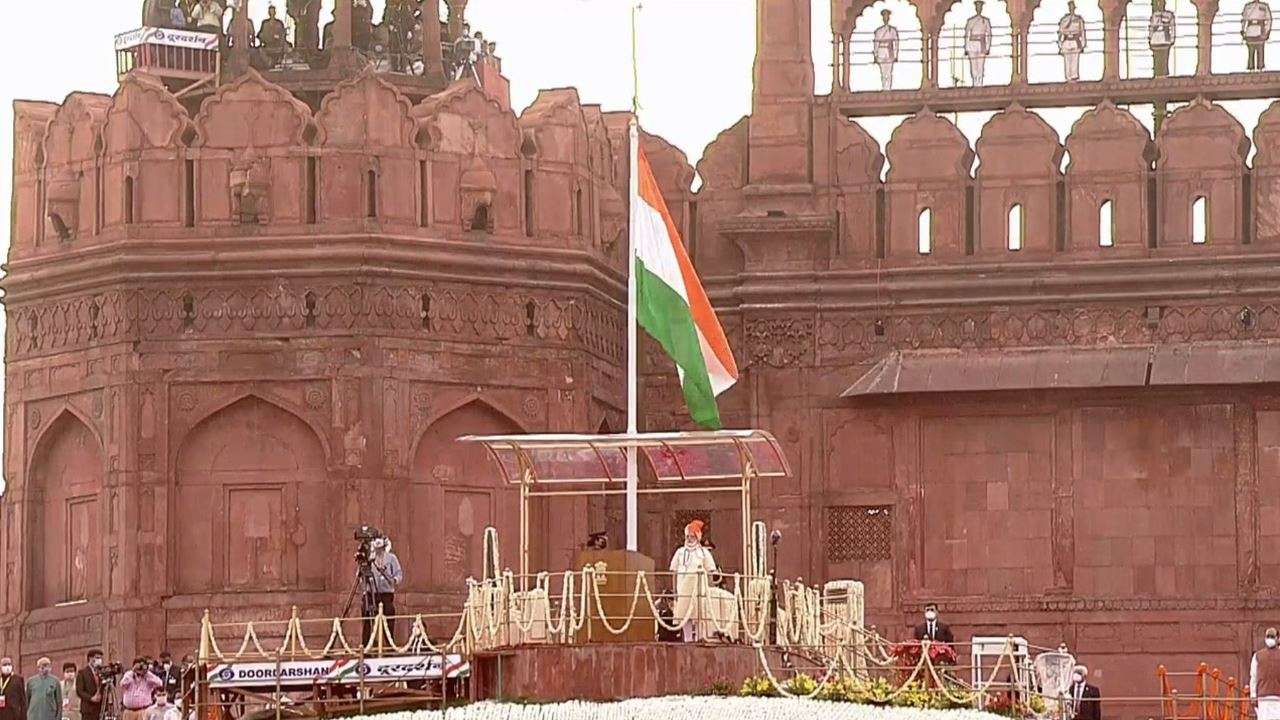India has been enlisted as one of the “worst autocracies” in the last decade, by a Swedish organisation, Varieties of Democracy Institute in a report published on March 3, 2023. The news comes only two years after the Institute warned the country that it had become an “electoral autocracy”. The two years old report back then stated that India is as autocratic as the Islamic Republic state of Pakistan and fared worse than Bangladesh and Nepal.
The new report, titled Defiance in the Face of Autocratisation, stated that India has been witnessing the most dramatic increases in political polarisation. The others are Afghanistan, Brazil and Myanmar. V-Dem ranked India at the 108th spot globally for electoral democracy, below countries such as Tanzania, Bolivia, Mexico, Singapore and Nigeria.
The Swedish report also highlights the correlation between misinformation, political polarisation and autocratisation. It states that “toxic levels of polarization hinder cooperation among elites and induce citizens to abandon democratic principles to keep their leader in power and get their preferred policy. That way, toxic levels of polarization often increase support for autocratic leaders and empower their illiberal agendas. Disinformation, polarisation, and autocratisation thus reinforce each other.”
The report also states that almost 80% of democracies break down if they start autocratising. It further demonstrates the breakdown of democracy in seven of the top 10 autocratising countries in the last ten years including India, Serbia, El Salvador, Hungary, Thailand, Türkiye, and Tunisia. Three countries that remain democracies in 2022 are Brazil, Mauritius, and Poland.
Autocratisation shifting the balance of global power
The report has highlighted the ramifications of autocratisation which results in the shifting of the balance of economic and political power and tends to favour developing autocratic nations over existing democracies.
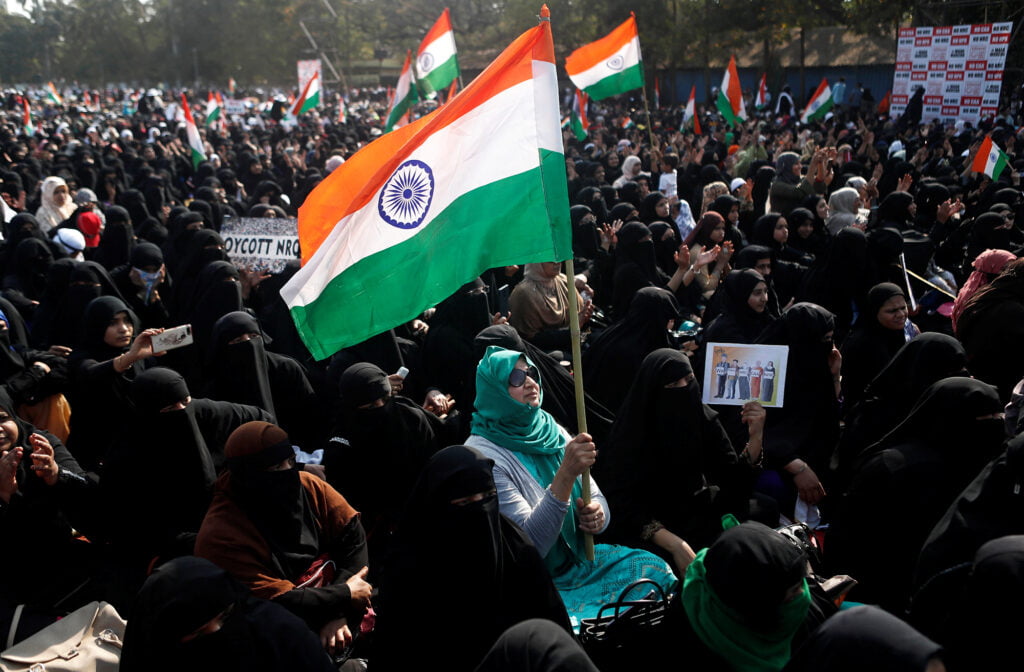
As a factor for global concern, the Swedish report noted that the share of world trade between democracies has now declined from 74% in 1998 to 47% in 2022, along with the parallel increasing number of autocracies which account for 46% of global GDP. The recent Russian invasion of Ukraine further demonstrates the magnitude of security risks that entails when there is a high trade dependency on autocracies, as Europe found itself in a strenuous position when Russia sanctioned certain international trade policies to exert political pressure, thereby shifting the global economic balance of power.
According to another report published by Reporters Sans Frontieres (RSF) or Reporters Without Borders in 2022, India’s rank in Press Freedom Index plunged to 150 out of 180 countries. The rampant arrests, assassinations and harassments of journalists including Rana Ayub, Siddique Kappan, Gauri Lankesh, Asif Sultan, Sajad Gul, Gautam Navlakha, Mohammad Zubair and Rupesh Kumar Singh bear testimony to the tyrannical handling of media by the Modi-led government.
Furthermore, the descendence of India into electoral autocracy has resulted in the doubling of its share of the global economy since 1992. It now accounts for 7.2% of global GDP, which corresponds to one-third of the share of GDP generated by all electoral autocracies.
Also Read: India Has Less Academic Freedom Than 10 Years Ago A New Report Claims
“Autocracies’ increasing economic weight can pose global security risks for democracies. The weakening of democracies’ relative economic power may also undermine their position to stand up for human rights and democratic freedoms around the world.” the report states, posing major concerns regarding the problems closer to home.
India is the worst autocratisers in the world
At a time, when the world has been shaken by the massive Anti-Hijab protest in Iran, drawing global attention to the human rights massacre rampant in Eastern countries, the situation in India poses a bleak future for religious, academic, gender and human rights freedom.
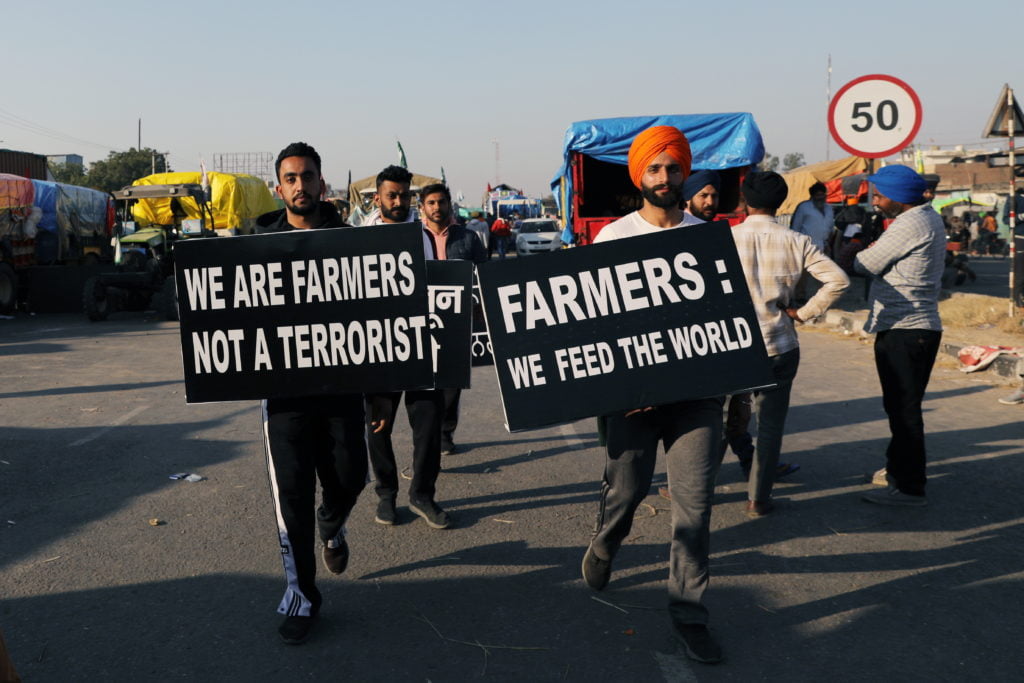
According to an article published in Scroll.in, “India has ranked 94 out of 140 as far as adherence to fundamental rights is concerned, 111 out of 140 in civil justice, 89 out of 140 in criminal justice and 93 out of 140 in absence of corruption.”
According to another report published by Reporters Sans Frontieres (RSF) or Reporters Without Borders in 2022, India’s rank in Press Freedom Index plunged to 150 out of 180 countries. The rampant arrests, assassinations and harassments of journalists including Rana Ayub, Siddique Kappan, Gauri Lankesh, Asif Sultan, Sajad Gul, Gautam Navlakha, Mohammad Zubair and Rupesh Kumar Singh bear testimony to the tyrannical handling of media by the Modi-led government. The state-sponsored IT raid on BBC earlier this year also seems to come at the coincidental timing of the release of BBC’s documentary- India: The Modi Question.
Also Read: The Rich Are Getting Richer: Oxfam Report On India
Despite the disturbing facts that posit serious questions regarding democratic freedom in our country, the BJP-led government has notoriously become famous for bulldozing religious autonomy in India. In the last 10 years of Modi’s regime, we have seen a historical rise of Hindutva ideologies, communal propaganda, hate speech, and the polarization of media which has transcended the nation as the breeding ground of Islamophobia, anti-Sikh and anti-minority sentiments.
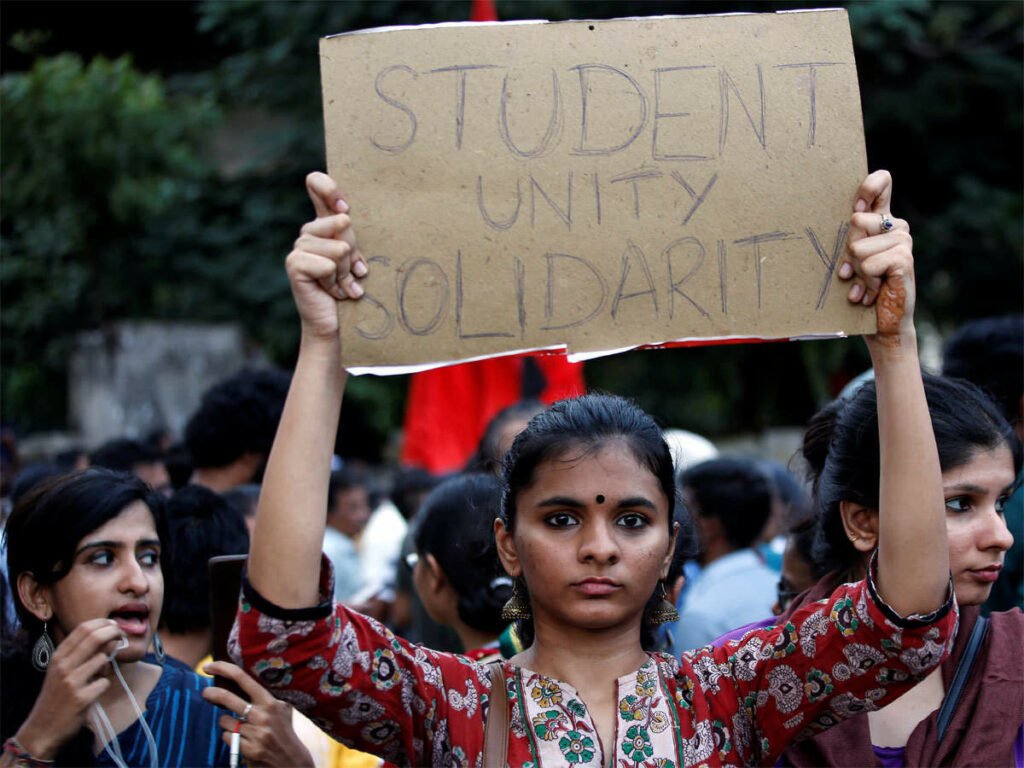
Shocking incidents including the Delhi Riot in 2020, the Bulli-Bai cyber case, anti-hijab policies in Karnataka, the exoneration of altogether 15 convicted rapists in the Bilkis Bano and Hathras case, the state-sponsored demolition of over 1000 homes in the state capital which primarily belonged to minorities, mob lynching of minorities is surreptitiously tearing down the constitutional fabric of India.
Speaking of the constitution, last year a Dharam Sansad in Varanasi passed a resolution which proposed the redrafting of the Indian Constitution and declaring India as a Hindu rashtra with its own constitution. Swami Anand Swaroop, President of the Varanasi-based Shankaracharya Parishad has told Hindustan Times that “As per this Hindu Rashtra Constitution, Varanasi will be the capital of the country, instead of Delhi. Besides, there is also a proposal to build a ‘Parliament of Religions’ in Kashi (Varanasi).”
These incidents are not only an attack on India’s constitution but also highlight the breakdown of the democratic values of the state machinery that are being condoned by hate speech, islamophobic media houses, misinformation and islamophobic state policies.
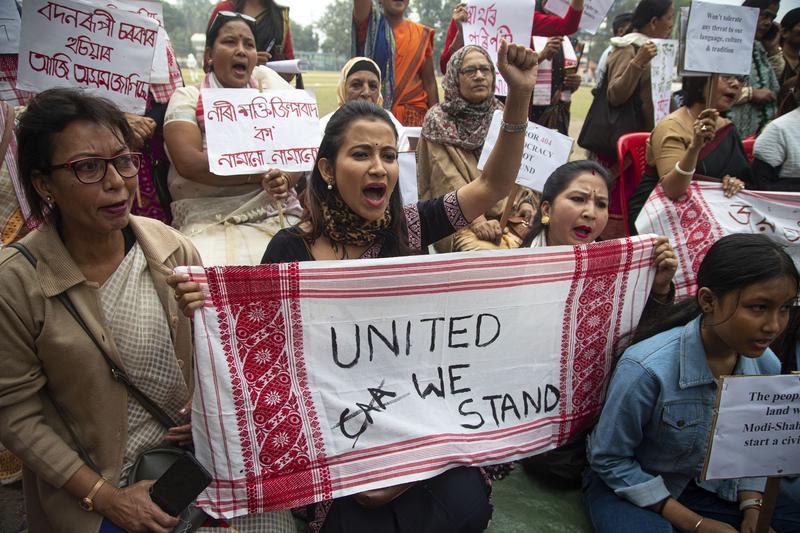
According to a report published by the US Commission on International Religious Freedom (USCIRF), “The religious freedom conditions in India have significantly worsened in 2021. During the year, the Indian government escalated its promotion and enforcement of policies—including those promoting a Hindu-nationalist agenda—that negatively affect Muslims, Christians, Sikhs, Dalits, and other religious minorities. The government continued to systemize its ideological vision of a Hindu state at both the national and state levels through the use of both existing and new laws and structural changes hostile to the country’s religious minorities.”
The Swedish report also highlights the correlation between misinformation, political polarisation and autocratisation. It states that “toxic levels of polarization hinder cooperation among elites and induce citizens to abandon democratic principles to keep their leader in power and get their preferred policy. That way, toxic levels of polarization often increase support for autocratic leaders and empower their illiberal agendas. Disinformation, polarisation, and autocratisation thus reinforce each other.”
Also Read: Human Rights Watch World Report Talks About Indian Government’s “Systematic Discrimination”
The cumulative result of these various reputed international reports compels one to address the elephant in the room. It invigorates us to ponder upon the changing political framework of our nation and raise perhaps some of the biggest questions- Is this the “acche din” of Modi’s India? Is this the beginning of the end of Indian democracy? And most importantly, what does the future hold for the 281.5 million religious minorities of this nation?
About the author(s)
Abira Das is a feminist activist, journalist and writer from Kolkata. She is the co-founder of Badass Girl Up ,an initiative by Girl Up Campaign founded by United Nations Foundation. Abira has previously worked for The Telegraph In Schools and won awards for Best Interviews and Best Cover Stories. She has interviewed numerous politicians and authors ranging from Shashi Tharoor to Markus Zusak. Abira is currently studying in grade 12 and passionately writes about social issues such as mental health, feminism and politics. You can reach out to her via abiradas26@gmail.com and Facebook
